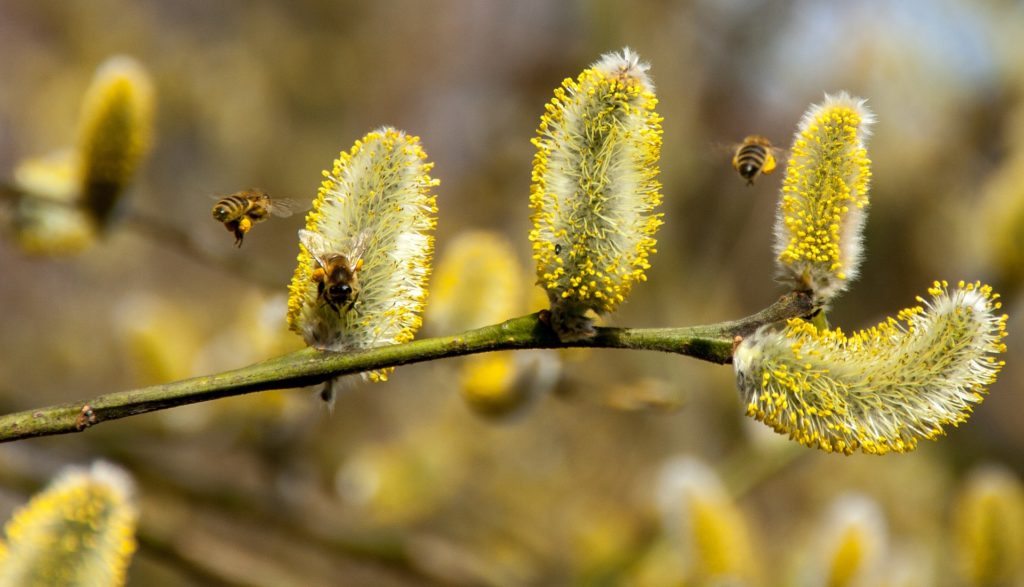
Tricks for treating seasonal allergies
That time of year
With the beautiful blossoms of spring, and the transition to cooler fall nights, come the pollen that plagues many of us with itchy eyes and runny noses. More than one in six Canadians suffer from seasonal allergies, also known as hay fever or allergic rhinitis. Seasonal allergies can start at any age, but are usually identified early on and can subdue as you get older.
Allergy season typically starts in early spring and lasts until the first frost in autumn. At this time of year, trees and grasses release pollen into the air. Pollen counts are higher on hot, dry, windy days and lower after a rainfall or at night.
- Tree pollination: April to early June
- Grass pollination: mid-May to mid-July
- Weed pollination: mid-August to end of September
- Molds: midsummer through fall
Seasonal allergy symptoms
When mold and pollen get released and come in contact with the body, the immune system of people with allergies kicks in. They release chemicals like histamine to fight these foreign particles off, which in turn, causes seasonal allergy symptoms. Symptoms include itchy eyes, nose, and throat, a runny nose, coughing, sneezing, and congestion.
Unfortunately, pollen can also aggravate asthma symptoms. Approximately 50 percent of people with asthma also have pollen allergies, and when the two team up, it can be a serious health concern.
How can you cope?
Whether or not you have asthma, it’s important to stay on top of your seasonal allergies so your symptoms don’t get worse. Watch this video with Dr. Susan Waserman, an allergist and clinical immunology specialist at Hamilton Health Sciences for tips on tackling seasonal allergies.
What should you do if you have seasonal allergies?
- Check the local pollen forecast on a weather website, and avoid going outdoors during peak times like hot, windy days.
- Avoid coming in contact with visible sources of pollen, like plants and flowers.
- Avoid activities with high exposure, like cutting the grass or driving with the windows down. Ask someone to cut the grass for you or consider wearing a pollen mask for outdoor activities.
- Wear sunglasses to protect your eyes outdoors.
- If you’ve been outside where pollen levels are high, make sure you shower to wash off any pollen and change into a new set of clothes.
- Don’t hang your laundry outdoors to dry. Use a dryer instead as pollen can cling to fresh laundry.
- Use an air conditioner or fan instead of opening windows and doors. Change your air conditioner filter often.
- Take an over-the-counter antihistamine.
- If your symptoms persist, see a doctor.
